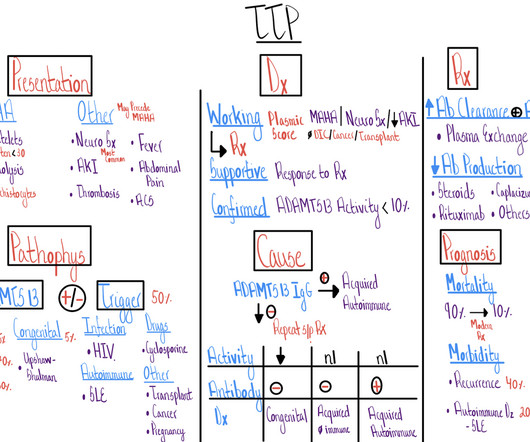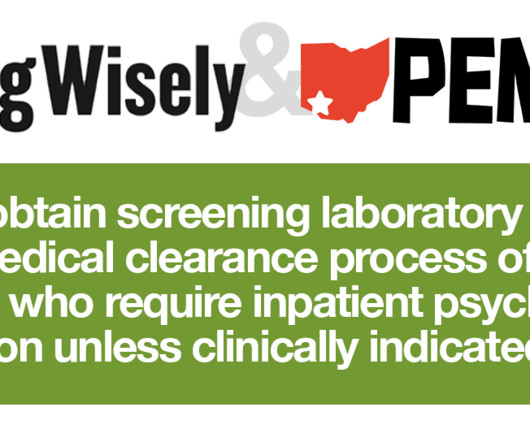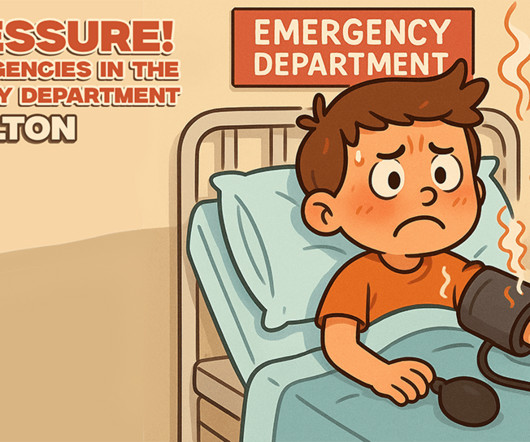Clinical Reasoning Corner: Illness Script
The Clinical Problem Solvers
FEBRUARY 27, 2022
In the reasoning process, we use illness scripts to compare and contrast a patient’s clinical presentation (i.e., our own illness scripts) as we reason to a working diagnosis or a final diagnosis. So the illness script we developed as a first-year medical student will evolve over time. Why: The disease mechanism.












Let's personalize your content